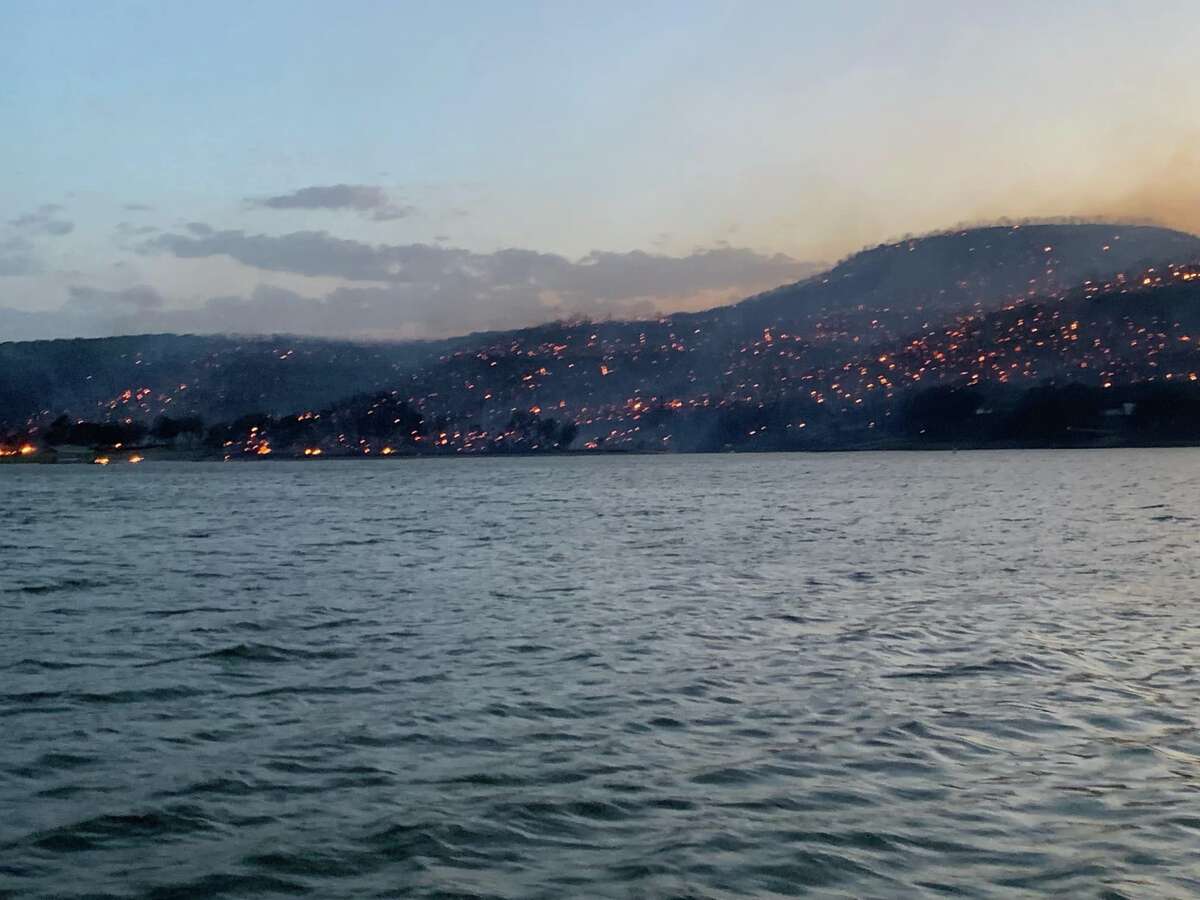- Austin could see heavy rains, possible flooding over the next few days
- Families of campers, counselors who died in Texas Hill County floods sue Camp Mystic
- Small plane bound for Jamaica with hurricane relief supplies crashes in Florida neighborhood
- Ask the Meteorologist: Did a tornado hit Johnston County Saturday night?
- Demolition begins on flood-damaged homes in Stoney Creek as neighbors await relief
Texas officials close state park due to massive 500-acre wildfire

The Texas Parks and Wildlife Department has closed a state park due to the massive wildfire in Palo Pino County. Officials announced on social media how Dinosaur Valley State Park is now closed as of Tuesday, July 19.
According to the Texas A&M Forest Service, the destructive fire in Palo Pinto County has burned more than 500 acres and reportedly destroyed at least eight homes. As of Tuesday morning, 10% of the fire has been contained, according to Texas A&M Forest Service.
The Texas Parks and Wildlife Department has closed a state park nearby due to the wildfire.
Texas Parks and Wildlife Department
Reports about the fire came in around 1 p.m. on Monday, July 18. The Texas A&M Forest Service said fires are burning in Kaufman, Boseque, Somervell, and Palo Pinto counties. People who lived in the area were told to evacuate. Texas Game Wardens have been conducting evacuations and assisting first responders in response to a wildfire in Palo Pinto County.
It is unclear how the fire started. No injuries have been reported due to the fire as of Tuesday morning. Officials are still addressing the fire.

According to the Forest Service, 10% of the fire has been contained.
Texas Parks and Wildlife Department“Please keep the community and all responders in your thoughts and prayers,” Texas Game Warden wrote in a Facebook post on Monday, July 18.
Continued triple-digit temperatures and dry conditions will reduce the moisture in vegetation across the landscape, increasing the possibility of wildfire ignitions occurring this week, according to Texas A&M Forest Service.